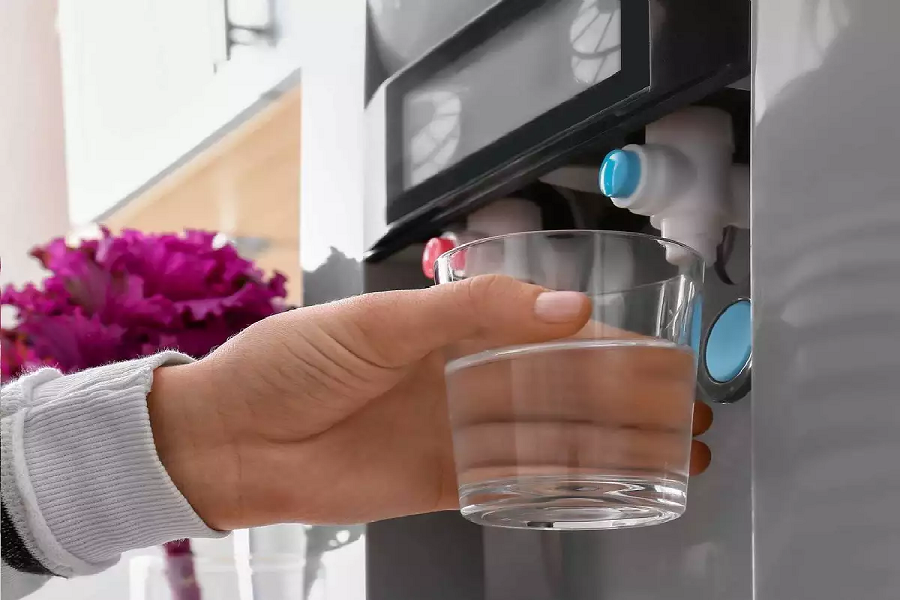
Image Source: timesofindia.indiatimes.com
Making the appropriate water purifier, (เครื่องกรองน้ำ, which is the term in Thai) selection is essential to providing your family with clean, safe drinking water. Given the range of possibilities on the market, it’s crucial to choose something that suits your individual demands.
A guide on selecting the best water filter for your house is provided here.
Review The Water’s Quality
Learn about the water quality in your region to start. Is it obtained through a borehole, a municipal supply, or some other place? You can determine the precise purification techniques needed by testing your water for pollutants, toxins, and mineral content.
Determine The Pollutants
Diverse water sources include a range of pollutants. These could consist of germs, viruses, metals, pesticides, chlorine, and other substances. Select a water purifier that successfully removes the impurities in your water source.
Modern Methods Of Purification
Reverse osmosis (RO), UV filtration, activated carbon filtration, and other purification techniques are among the technologies that can be used. To effectively handle the impurities in your water, choose a technology or a mix of technologies.
Storage Capacity
When picking the purifier’s storage capacity, take your family’s demands for water consumption into account. If water shortages are a regular occurrence in your location, choose a purifier with a large enough storage tank.
Installation And Upkeep
While some purifiers are easier to operate and can be installed on your own, others need expert installation. Check out the UV lamp, membrane, and filter replacement prices and maintenance needs as well.
Certifications
Look for purifiers that have received certification from the appropriate health and safety agencies. Certifications from organizations like NSF, WQA, or BIS can guarantee the efficacy and caliber of the purifier.
Financial Consideration
Prices for water purifiers fluctuate widely. Establish a comfortable spending limit and look at your possibilities within that range. Remember that a more expensive purifier could come with more sophisticated purifying features and technologies.
Water Wastage
Some purification techniques, like RO, can waste a large amount of water. If you value water conservation, look for a purifier with a lower water wastage ratio.
Energy Purification
The purifiers that use UV and RO may use power. Analyse the purifier’s energy usage and how it may affect your electricity costs.
After-Sale Assistance
Maintenance and repairs require dependable after-sales support. Find out if the brand you’re considering has service centres and customer assistance.
Final Thoughts
You must carefully examine your water quality, pollutants, purification methods, budget, and other unique demands while selecting the best water purifier. You may make a choice that guarantees your family’s access to clean and safe drinking water by weighing these aspects and investigating your alternatives.











